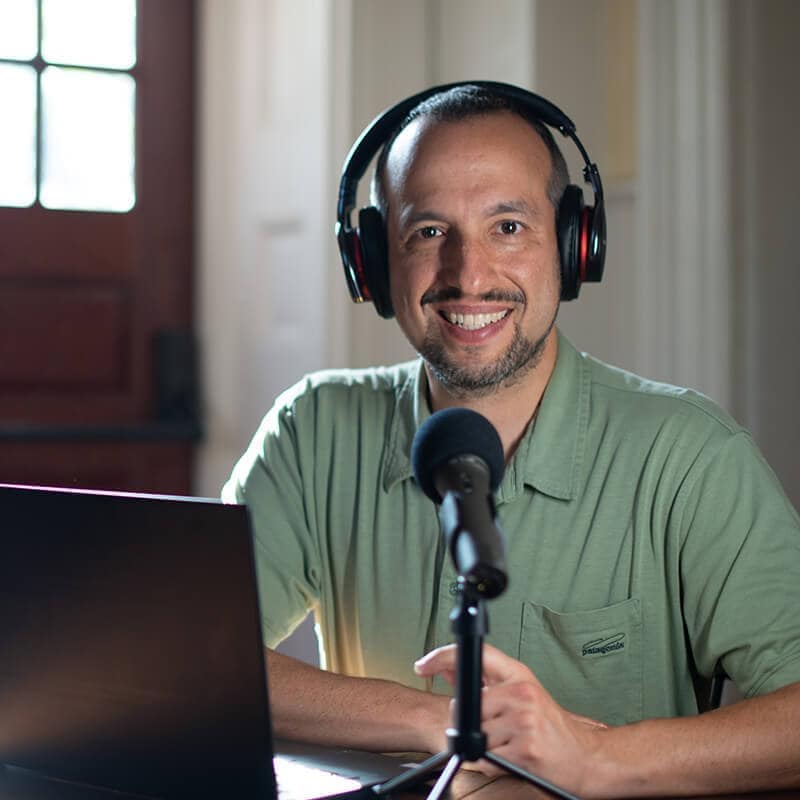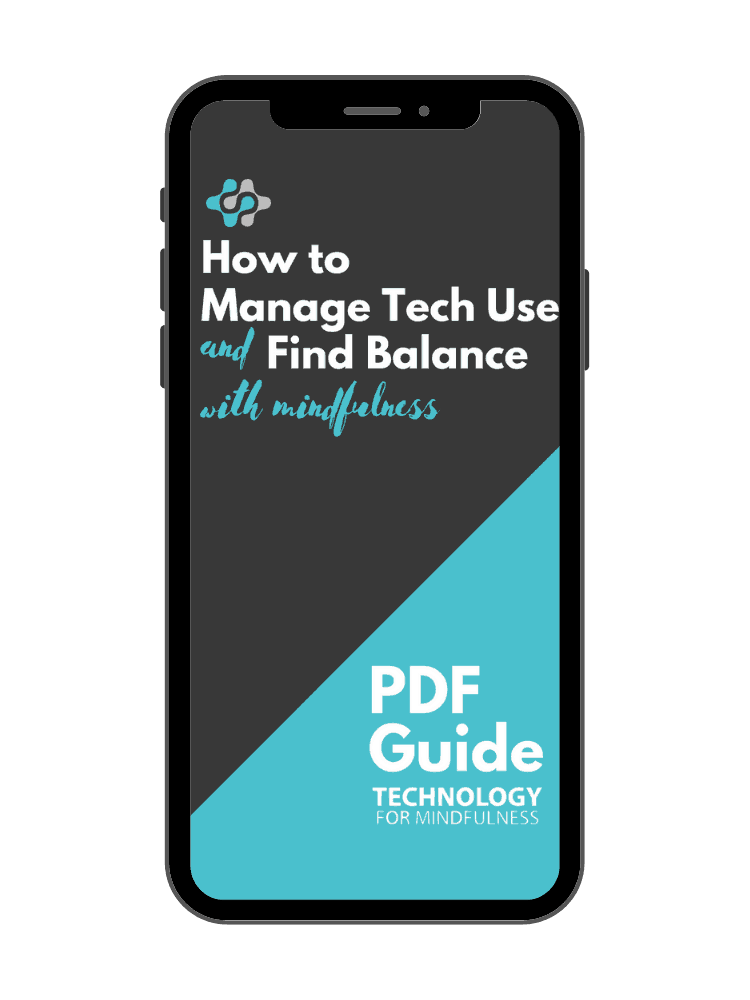About twenty years ago, when I was a junior associate at a Boston law firm, a more senior lawyer told me about a lawyer he had known who had practiced law until the 1950s. This lawyer insisted on:
- Only speaking to clients in person in his office, in meetings that had been scheduled in advance.
- Only providing advice to clients in writing by a letter sent by postal mail, after he had absorbed everything discussed in person and had at least a few days to consider the facts and the law.
- Not having a telephone in his office, but instead relying on his secretary to place and receive all calls.
This earlier lawyer, so I was told, was considered something of an anachronism even in the 1950s, but he insisted on maintaining this way of practicing law because he believed that it was a necessary precondition for providing informed and competent advice to his clients.
Now fast forward to today, where the failure of a lawyer to answer emails, cell phone calls, and text messages from clients within minutes can cause those clients to question that lawyer’s loyalty and competence. Lawyers live in fear of each minute that passes without responding to every incoming communication. After all, these days, clients can move to another law firm as easily as buying an ebook on Amazon.
Technology has played an important role in this shift. Now that technology makes it possible for clients (and colleagues, and bosses, and employees) to reach lawyers at any time and in any place, an expectation has arisen among those clients (and colleagues, and bosses, and employees) that lawyers should be available at any time and in any place. Philosophers would say that this is a classic case of confusing “is” with “ought,” but that has not stopped this shift in expectations from arising in a very short time.
Although lawyers are in the same boat as everyone else when it comes to the expectation of constant availability, it is worthwhile paying attention to the impacts of increased demand for speedy service. Clients seek the advice of lawyers on matters that require expertise, experience, and judgment, and the ability to evaluate complex facts in light of nuances in the law. Lives, health, and property often hang on the advice of lawyers. In my own field, patent law, the advice of a lawyer can influence decisions that lead to a company or product succeeding rather than failing.
We should question the impact that demanding speedy delivery of such advice from professionals in all fields can have on the quality of that advice and the decisions that are made based on it. I am not only a lawyer, but also a client of other lawyers and other professionals who advise me on both personal and business matters. Although I try to be mindful of the demands I place on them, I find it difficult not to wonder why I have not heard back from them with a full answer to my every question by the end of the same day. Understanding the problem isn’t always the same as being able to internalize and act in mindful consistency with the solution. Each of us needs to question our own role in perpetuating and furthering the expectations that others respond to us as quickly as possible, regardless of the consequences.
It should not be surprising that anxiety and dissatisfaction are rampant among lawyers, doctors, accountants, and other service providers. Some in these professions are using mindfulness in an attempt to help their members cope with the demands being placed on them. Mindful has an article on some of these efforts, including meditation classes taught at UC Berkeley by Charlie Halpern, the founder of the Berkeley Initiative for Mindfulness in Law. Jeena Cho and Karen Gifford, co-founders of The Anxious Lawyer, provide coaching and mindfulness training for law firms.
Although such efforts directed at lawyers and other service professionals are to be applauded, they only address half of the equation. As long as clients and others demand that their service providers perform at the speed of the latest technology, service providers who are called upon to provide wise counsel will face a nearly impossible task. Perhaps what we need in addition to “mindfulness for lawyers” is “mindfulness for clients”?

